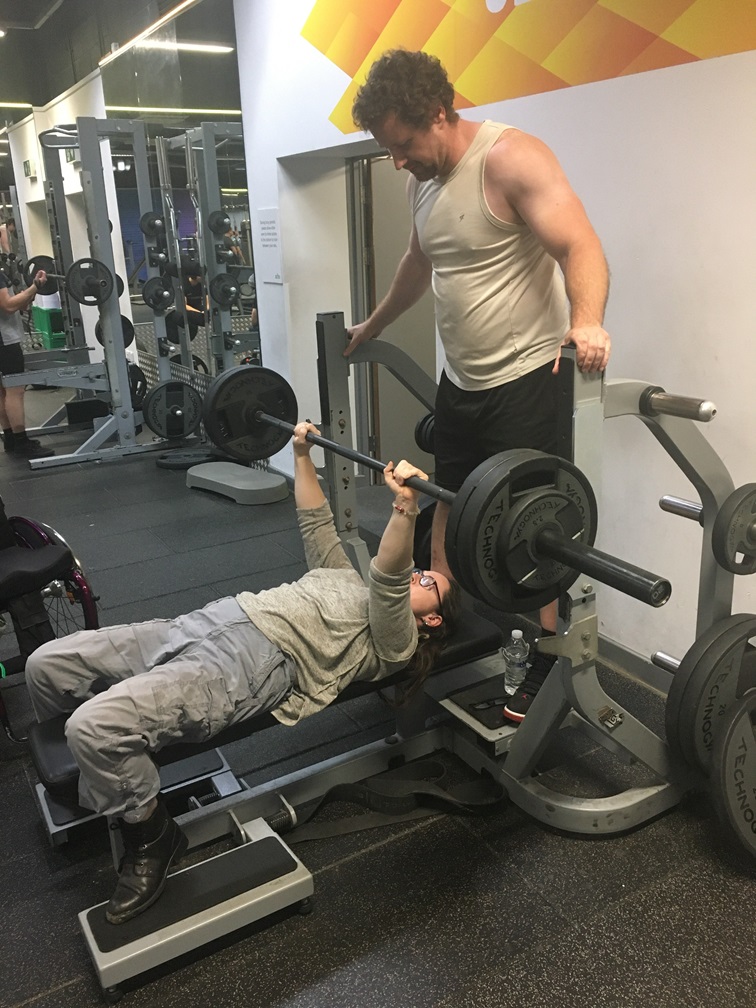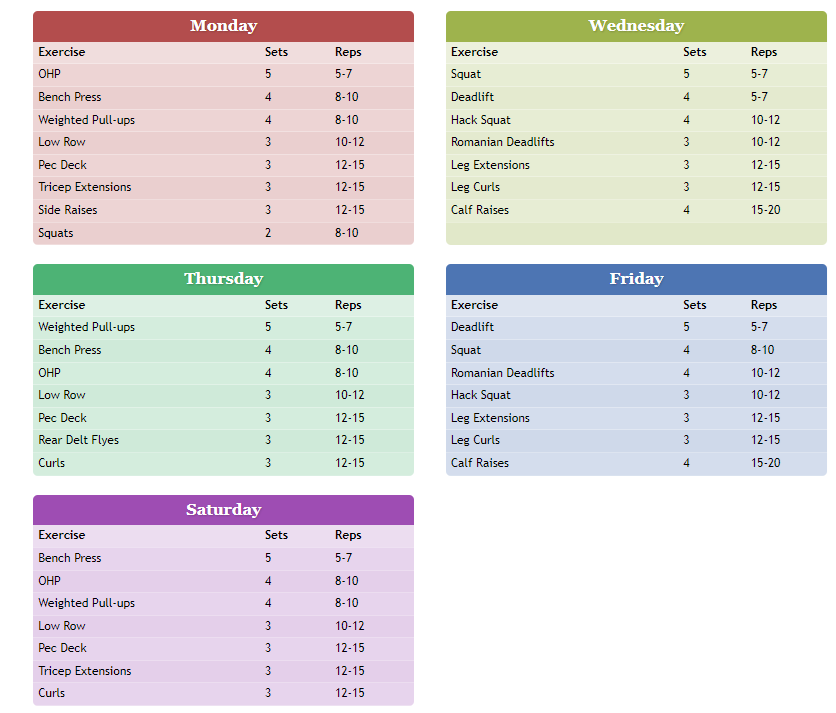April 16, 2025
Why More Autistic People Should Lift
Before I get into autism specifically I’d first like to say nearly everyone should lift! The lifting community (especially online) seems to be dominated by young, neurotypical, genetically gifted, able-bodied cis-men but everyone else has good reasons to lift too, arguably more.
Even with half of these traits I could never touch a weight again and probably not have to worry about my strength letting me down in every day life or have it becoming the limiting factor when it comes to defending myself into my 50s or 60s. For older adults and/or disabled people lifting weights can be the difference between needing substantial support and living an independent life where they can do the activities everyone else enjoys. For women and other people at increased risk of violence being physically more capable can go a long way towards feeling safe.

The health (mental and physical) benefits of lifting are large and numerous
The obvious ones are increased strength, power and appearance along with the confidence that can come with it but there are many others (if done safely of course):
- Flexibility (if done through a full range of motion)
- Improved joint and bone strength
- Raises your resting metabolism (BMR)
- Reduces the risk of various serious diseases including cancer and diabetes
- Decreases your risk of falls (especially important for elderly and people with physical disabilities)
- Reduces your risk of injury
- Improved brain health, it can protect against certain forms of dementia, anxiety, depression
- Improved proprioception (body awareness)
I could go on but there are already 100s of articles online discussing these and other benefits but what I’d like to focus on is why I think it can be a particularly good hobby for autistic people (of course not all).
Why lifting can be great for autistic people
This won’t apply to every autistic person and there will be another blog about the challenges autistic people can face in the weight room (along with ways to get around them) but for those of us who are data driven, like structure, analysis, planning, routine, obsessing over tiny details and enjoy mastery of skills lifting fits all of this perfectly.

You certainly don’t have to be super detail-orientated and perfectionist, especially when you’re starting out but for those of us who are I can’t think of a single physical activity with so many variables which are completely under your control. When nothing else in your life is going right due to factors out of your control achievements in lifting can help remind you that you’re not stupid, you’re not a complete loser, that you can do things you put your mind to and for those of us who need it a way to get some of the aggression out in a healthy controlled way.
The quantifiable nature of lifting also lends itself well to gamification and as a beginner you should be able to set multiple PRs per session for quite a few months if you plan it correctly which is great for keeping you motivated.
Lifting is generally done solo or training with a partner which autistic people overwhelmingly seem to prefer. The movements themselves can eventually become almost meditative and you get plenty of time to think between sets and can do the workout at your own pace. Despite what you may assume from looking at gym goers the community is generally super friendly if you do decide to socialize there and the most successful people are nearly always open to talking about how they train, why or offer advice.
The other great thing is lifting is almost infinitely scalable and adaptable. You’re only competing against your previous self. You could start with 1lb dumbbells or light resistance bands if you have to or reduce the range of motion in exercises such as squats till you’ve built up the strength and flexibility to perform a full depth rep. For those of us with dyspraxia, lifting is generally simple symmetrical movements that you can practice for dozens of times per workout giving you plenty of time to slowly improve technique. The barrier to entry is also pretty low. Like any hobby you certainly can make it expensive if you want but some suitable clothing and the cost of day passes or memberships is all you need to get started (some gyms will even offer discount for people with disabilities or a number of free guest passes for friends per month).
As well as the lifting itself it can also help spark interest in other topics that can end up becoming special interests such as anatomy, nutrition, physics or biology and you can take what you learn from lifting to help achieve success in other areas of your life. I certainly didn’t expect lifting to offer so much for me, as well as all the benefits listed above I’ve met tons of amazing people through the community.
![[Your Site Name] Banner - Click to go home](banner.png)